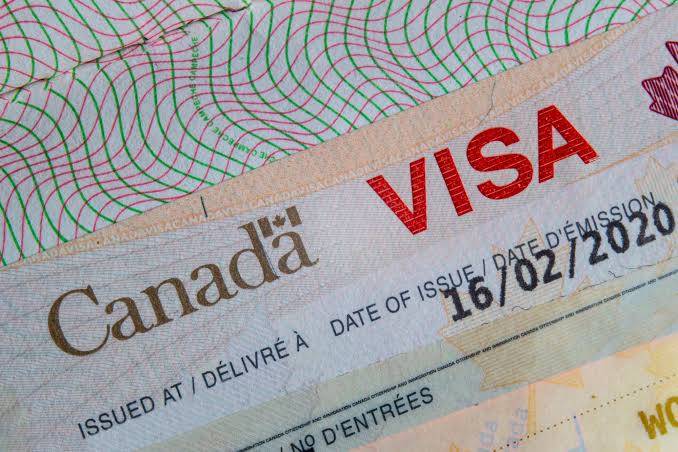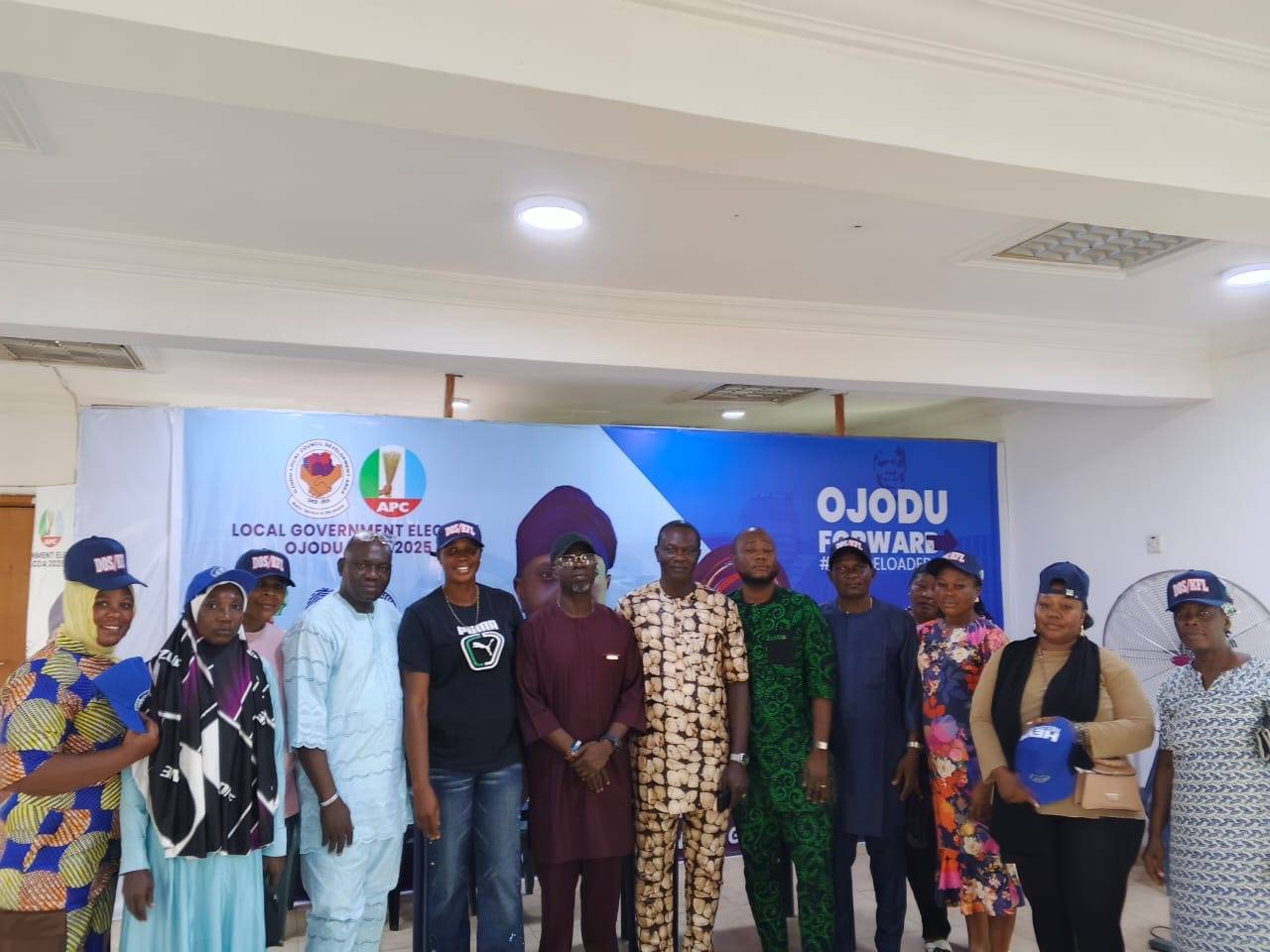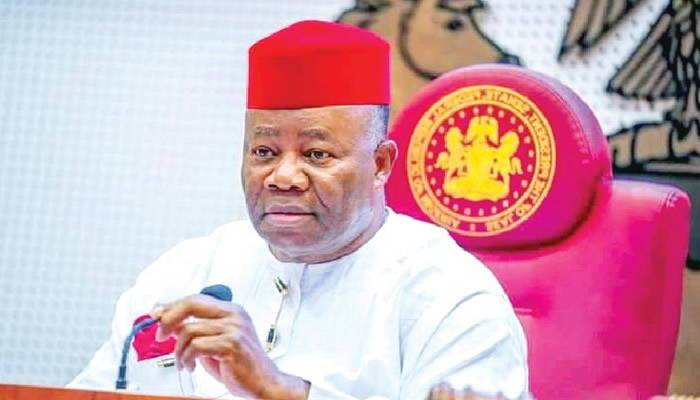Nigeria’s goal of becoming a net exporter of sugar in the near future is being pursued by the Federal Government with the adoption of initiatives that are bound to reverse the trend of weak output which had bedevilled sugar production. The National Sugar Master Plan (NSMP) was designed to ensure the country attains self-sufficiency in sugar production through a backward integration policy. Over a decade later, the policy is due for an assessment, FEMI ADEKOYA writes.
The idea to increase local production through backward integration is not new, however, the concerns border on government’s capacity to ensure implementation and create an environment for businesses to thrive.
The goal of the NSMP was to raise local production of sugar to enable the country to attain self-sufficiency; stem the tide of unbridled importation; create a huge number of job opportunities and to contribute to the production of ethanol and generation of electricity.
To achieve this, the NSMP estimated that the country would need to establish some 28 sugar factories of varying capacities and bring about 250,000 hectares of land into sugarcane cultivation, over the next 10 years.
While notable investments have been announced by local investors with different levels of progress in terms of sugar plantation and refinery, the current quota appears to be shared along the lines of Dangote 55 per cent, Flour Mills 25 per cent, and BUA 20 per cent, reflecting the perceived market share of the business.
Clearly, the policies have produced an improvement in the production of sugar and helped to revitalise the once vibrant sugar production such that the country can begin to look forward to being counted among the leading sugar-producing nations on the African continent in no distant future.
Though the National Sugar Development Council is the leading implementing agency of the policy, its implementation involves allocation of responsibilities to relevant stakeholders like the National Agency for Food and Drug Administration and Control (NAFDAC), Standards Organisation of Nigeria (SON), Nigeria Customs Service (NCS), Central Bank of Nigeria (CBN) and the Federal Ministry of Finance as well as other relevant Ministries, Departments and Agencies (MDAs). In addition, stakeholder institutions and facilitators such as millers, importers, cane growers and banks continue to play pivotal roles in the implementation of the master plan.
The journey to self-sufficiency in sugar production isn’t without some hiccups, but the Federal Government through the National Sugar Development Council (NSDC), under the leadership of its Executive Secretary, Zacch Adedeji, has expressed commitment to addressing peculiar challenges in the sector.
According to the NSDC, Nigeria has since met and surpassed its raw sugar refining capacity, which is a major component of the NSMP, a feat which the government is trying its best to replicate in the Backward Integration Programme (BIP) aspect of the NSMP.
Adedeji had, during different engagements with operators in the sector, reiterated the Council’s firm position on the implementation of the BIP.
According to him, Nigeria has since met its raw sugar refining capacity, which is very commendable. “But like I have always stated, the successes achieved in the area of raw sugar refining must be replicated in the BIP project. We can only celebrate as a sector if we are able to grow cane and produce raw sugar locally. I know it is a tough job, but we are more than ready to achieve our target objectives given our commitment and efforts,”Adedeji said.
Since he assumed office as the fifth substantive Executive Secretary of the Council in March 2021, Mr. Adedeji has taken steps and birthed ideas to address challenges in the sugar sector.
Top on the list of the issues that received his prompt attention is the perennial clash between sugar operators and members of host communities over land ownership. To solve this persistent issue, he set up the Forum of Sugar Producing State Governors, ably chaired by the Governor Abdullahi Alhaji Sule of Nasarawa state.
The initiative was described as a smart move given that lands are under the authority of state governors who have the stamp of authority to allocate lands without any hue and cry.
Also, the creation of an Investment Desk, domiciled in the Council to handle issues relating to investments, zero duty incentive on importation of machineries and equipment for sugar estates as well as issues relating to seizures by the NCS. This initiative has finally laid to rest the recurring face-offs between sugar operators and regulatory bodies at the nation’s ports.
Recently, to encourage investors in the sector, President Buhari launched a $73 million irrigation infrastructure fund to cushion the negative impacts of the COVID-19 pandemic on sugar operators implementing the BIP project. The operators include Dangote Sugar Refinery, BUA Sugar Refinery and Golden Sugar Refinery.
Speaking at the official unveiling of the intervention fund in Abuja, President Buhari said, “The aim of this intervention is to significantly improve the country’s performance on cane yields as well as reduce the negative impact of COVID-19 on the industry’s progress in achieving national self-sufficiency. Consequently, this strategic intervention will enable the country’s leading sugar producers; Dangote, BUA and Flour Mills sugar to expand capacity and capitalise on the import substitution opportunity within the sugar market, to further reduce the country’s import bill.”
In his remarks at the event, Adedeji said the intervention was part of the government’s determination to provide an enabling environment for private investments to thrive and flourish in the country.
“Preliminary activities, including identification of the specific project sites for each operator, which include framework for design and engineering services for the in-field and bulk water supply systems, project management and maintenance specifications, adoption of a business model and costing, among others, have been concluded long before the formal commissioning of this laudable initiative,” he said.
The BIP has so far attracted a total of $3billion worth of investments by players in the sector. The major operators are Dangote Sugar Refinery, BUA Sugar Refinery, Golden Sugar Refinery and KIA Africa Group. The operators have their BIP project sites across states in the country. The Dangote Sugar Refinery has two BIP sites located in Numan, Adamawa State and Tunga in Nasarawa State. Cumulative investments on both BIP sites currently stand at $1billion. While BUA’s $300million BIP site is located in Lafiagi, Kwara State, Golden Sugar’s $400 million BIP site is in Sunti, Niger State and Toto, Nasarawa State.
In all, the six BIP project sites have created 15,000 direct jobs and 60,000 indirect jobs. Also, a total of 3,500 direct jobs have been created by sugar refineries. The BIP sites have had tremendous economic impacts on their host communities and adjoining towns and villages.
Similarly, land under cane has increased from 6,000ha to over 17,000ha under cane.
The Council plans to ride on the back of the sugar Backward Integration Programme, which is a key component of the Nigerian Sugar Master Plan, to realise its aspirations in the sector as Nigeria’s attainment of self-sufficiency in sugar production remains the Council’s priority.
To clear the air on certain misconceptions in some quarters on alleged favouritism and willful distortion of the master plan by some operators, Adedeji said, “The NSMP is no longer a policy. It is now an Act of the National Assembly, following its amendments in 2015. We shall no longer condone or tolerate deliberate distortion of the master plan by anyone. On our part as a regulator, we will not hesitate to apply the full weight of the law against anyone or group of persons caught trying to sabotage the government’s efforts in the sector.”
The Council recently displayed its renewed vigour and avowed commitment to the success of the NSMP when it made the BIP operators sign recommitment forms, pledging to stick to the provisions of the master plan and to comply with all laid down policies in the sector. Mr. Adedeji, who said future raw sugar quota allocation to refineries would be hinged on BIP performance, noted that the era of quota allocation based on size of factory or sugar estate is over.
The Federal Government through the National Sugar Development Council has established two sugarcane bio-factories, located in Zaria, Kaduna State and Ilorin, Kwara State, to help in the rapid multiplication of cane seeds of sugar estates. The bio-factories have been commercialised as they sell healthy and disease-free cane seeds to sugar estates within the country. General improvement in refinery capacity utilisation today stands at 60 per cent.
With competition, it is expected that the price of the commodity would drop and assail the fears of ordinary Nigerians but the reverse is the reality. Consumers hope to see prices reflect the country’s production capacity and investment in the sector soon.













